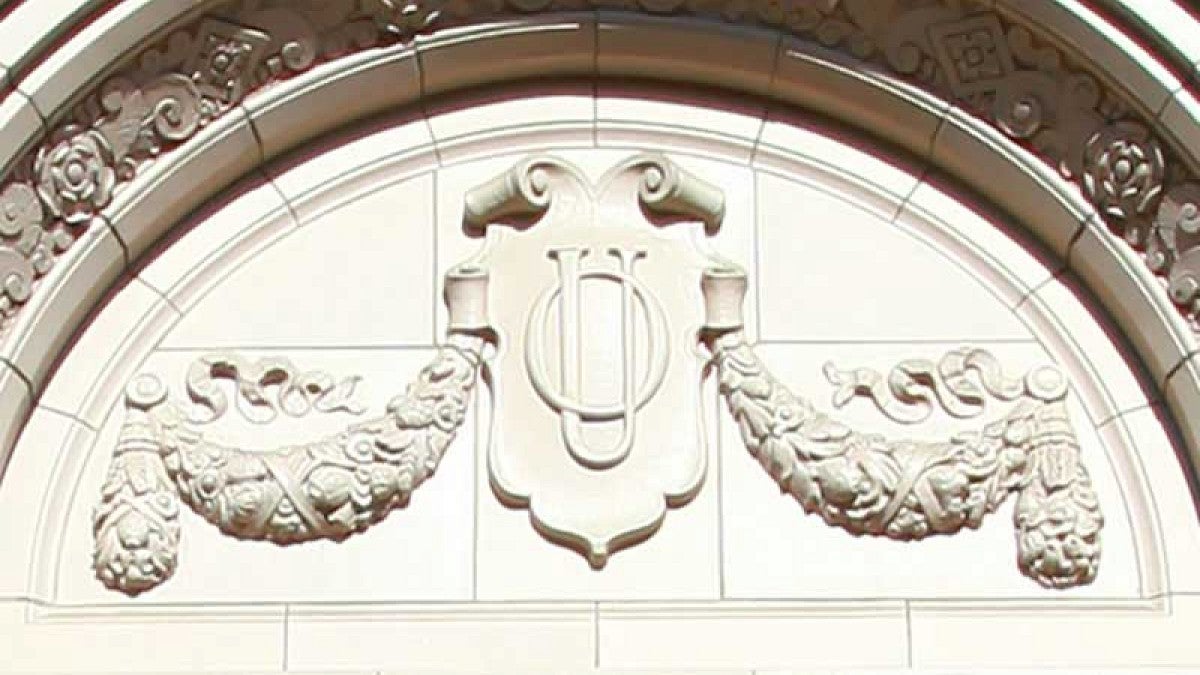The word “audit” doesn't always inspire feelings of confidence, but that's not the case at the University of Oregon.
As the month of May draws to a close, the national celebration of Internal Audit Awareness Month is also coming to an end. However, the work of UO’s audit team is just beginning.
Trisha Burnett, who was introduced as the permanent auditor in February, has spent the last few months laying the foundation for future work. Two auditor positions have been advertised to round out the team, and Burnett is getting out in the UO community to help the campus understand how an audit can be a benefit to the way business is conducted.
“I’m not a ‘gotcha’ person,” Burnett said. “Our approach is designed to be collaborative and reveal opportunities to streamline, improve and ultimately make people’s work lives easier and better.”
Several successful audits have already taken place under Burnett’s watch, including a review of lab safety procedures.
Andre Le Duc, associate vice president for safety and risk services, found the audit “extremely informative.”
“The audit gave us great insights on things we can change that will improve safety measures and provide consistency and protection to our students, faculty and staff working in those areas,” Le Duc said. “The auditors office didn’t approach it with any preconceived notions. It was a very collaborative process.”
There are many myths associated with audit functions, but Chuck Lillis, chair of the Board of Trustees of the University of Oregon, wants the campus to move beyond the myths and embrace the benefits of an internal audit function.
“Internal audit is exceptionally important in an organization as large and complex as the UO,” Lillis said. “Under Trisha’s leadership, I am confident that the internal audit function will help the university in countless ways. The Board of Trustees fully supports the office’s charge and encourages all UO employees to learn more about the valuable service provided by the Office of Internal Audit.”
“There’s tremendous support for what we do,” Burnett said. “This fiscal year, we’ll be spending time talking with the campus community and helping them understand how we are here to help. And now that we’ll be a fully staffed team, we’ll be aggressive in providing our service to a variety of areas around campus. This really is a year of transformation.”
—By Tobin J. Klinger, University Communications


